Publicaciones
Materialism predicts burnout through the basic needs: individual-level and within-person longitudinal evidence
2023. Work & Stress.
Valentina Reyes, Wenceslao Unanue, Vivian L. Vignoles, Anja Van den Broeck
Abstract:
Workplace burnout has strong negative consequences for both workers and organisations. Following Self-determination theory (SDT), we hypothesised that workplace materialism – the relative importance given to extrinsic (fame, money, image) versus intrinsic (relationships, pro-sociality, self-development) work goals – is a key antecedent of burnout. The relationship between work goals and burnout is expected to be mediated by lower satisfaction and higher frustration of basic psychological needs for autonomy, competence and relatedness. Extending previous correlational evidence, we tested the prospective relationships among these constructs using a three-wave longitudinal design among a large sample of Chilean workers (N = 1841). Both individual-level (cross-lagged panel model) and within-person (trait-state-occasion model) longitudinal analyses supported that materialism predicted subsequent levels of burnout through higher need frustration. Need satisfaction did not predict subsequent burnout in either analysis. Additionally, we found that burnout predicted subsequent need frustration, suggesting a dangerous reciprocal relationship between both constructs. Our findings support SDT and highlight the potential risks of emphasising materialism in organisational settings. Indeed, contrary to common organisational practices, our findings suggest that burnout can be reduced by lowering the importance of extrinsic goals, fostering intrinsic goals, and building working environments to avoid frustrating basic psychological needs.
Palabras claves: employee's materialism, workplace burnout, need satisfaction, need frustration, cross-lagged panel model, trait-state-occasion model
Acceder a la publicación completaDepartamento
©2023 Todos los derechos reservados Departamento de Administración Facultad de Economía y Negocios (FEN), Universidad de Chile

